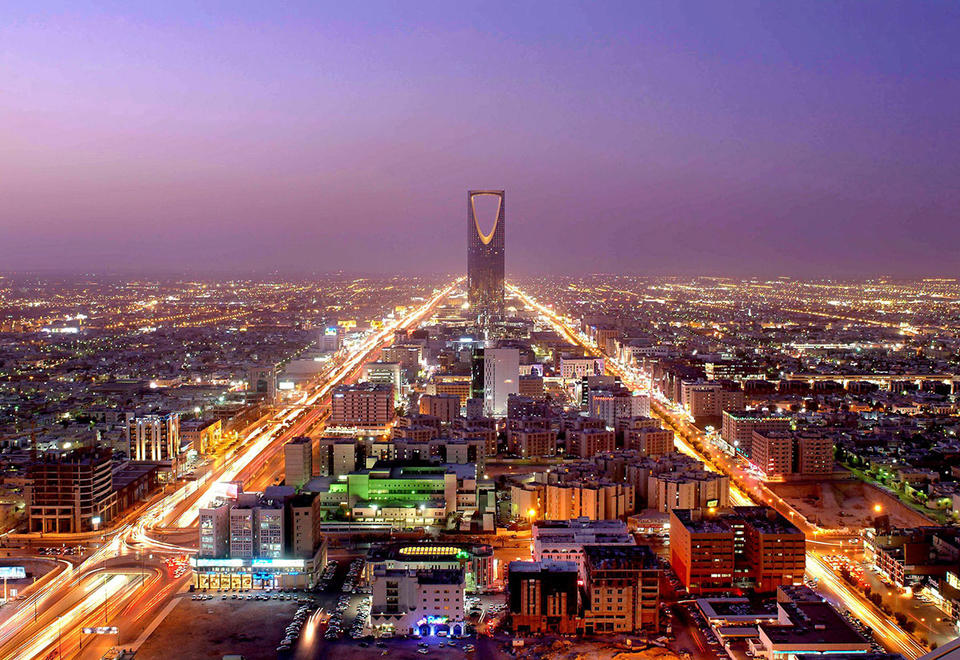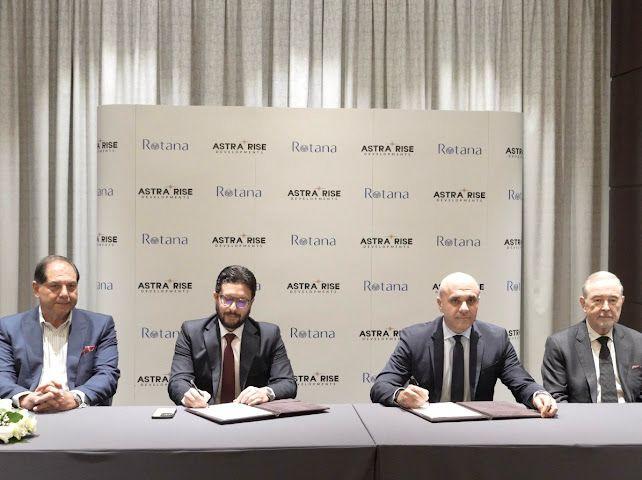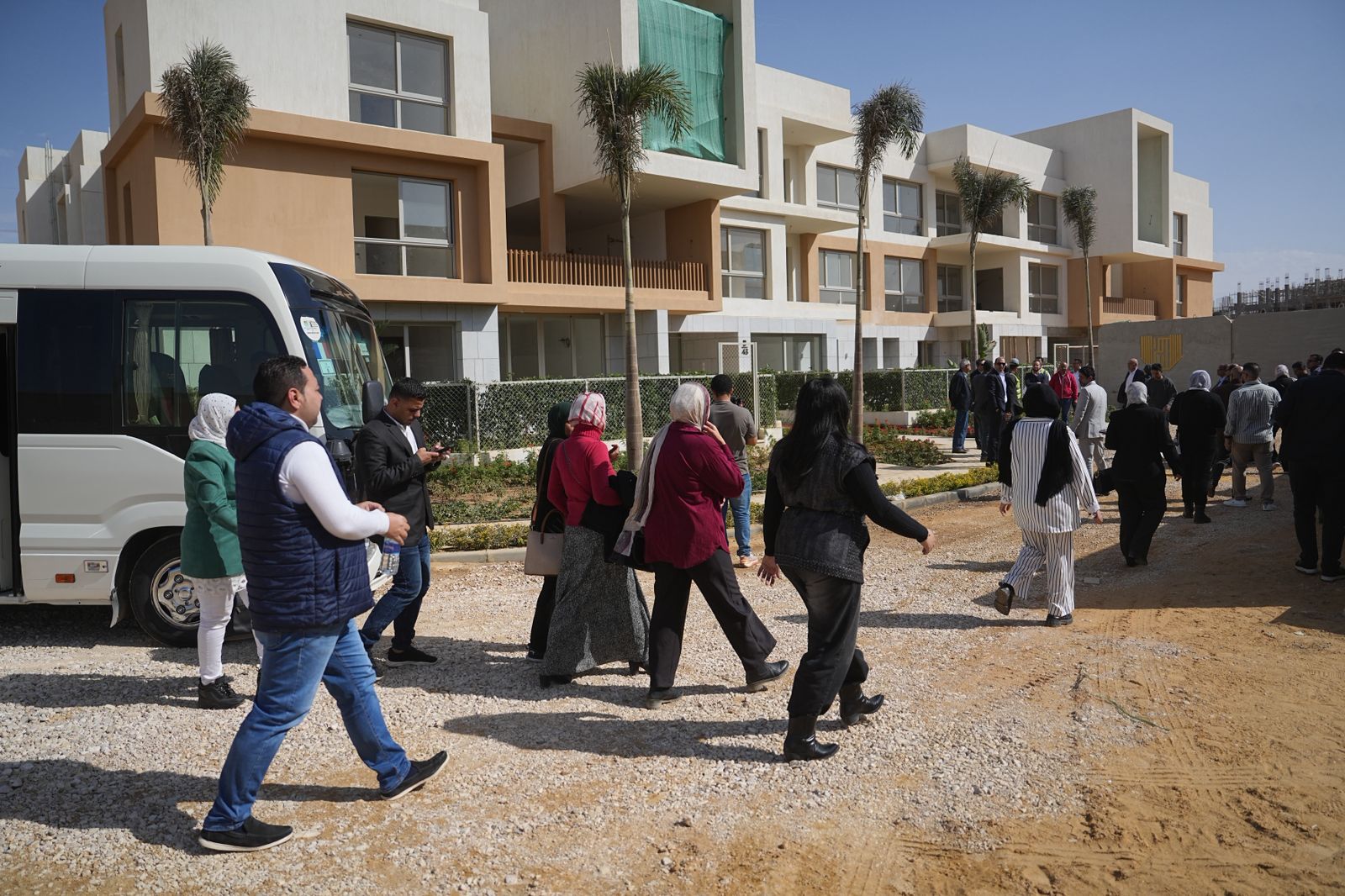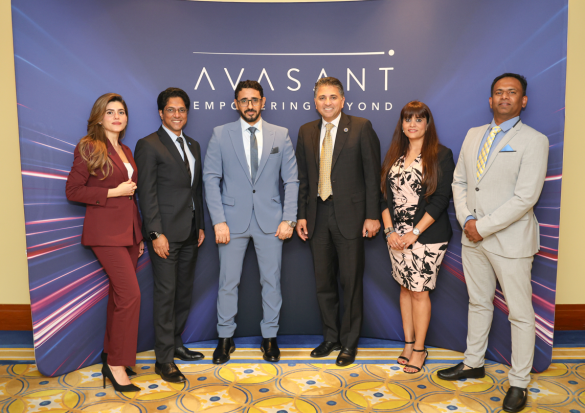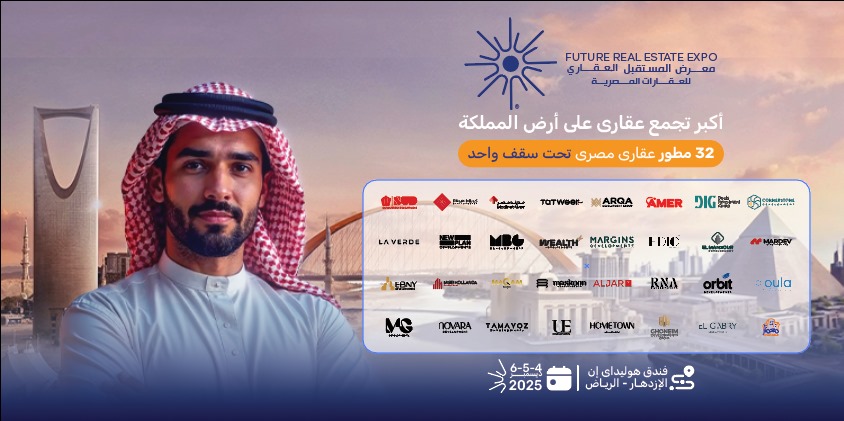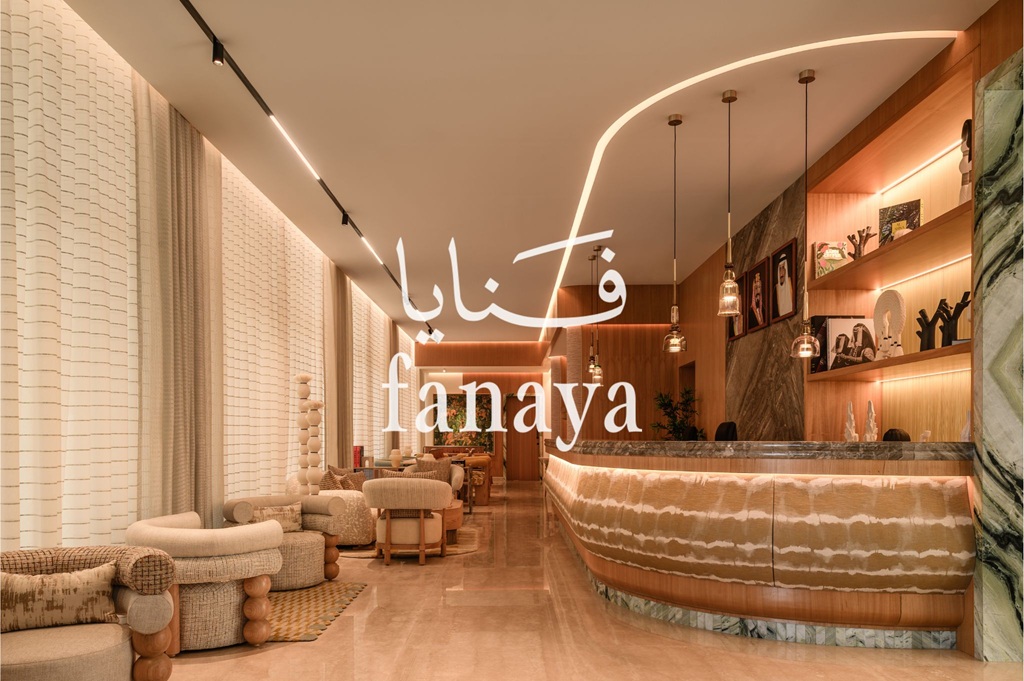Dubai- Massader News
Saudi Arabia’s Ministry of Foreign Affairs said that it is following with concern the current developments of Iran’s nuclear program, the most recent of which was the Iranian announcement of raising the level of uranium enrichment to 60 percent, which cannot be considered a program intended for peaceful uses, the Saudi Press Agency (SPA) reported on Wednesday, according to Al Arabiya English.
Saudi Arabia and its Gulf allies, who are also worried about Iran’s ballistic missiles and regional network of proxies, had supported former US President Donald Trump’s move to quit the accord in 2018 and re-impose harsh sanctions on Iran.
Ambassador Rayed Krimly, head of policy planning at Saudi Arabia’s Ministry of Foreign Affairs, says. told Reuters that any agreement that does not effectively address the concerns of states in the region would not work.
“Saudi Arabia is not interested in hindering or blocking the current negotiations … it is interested in ensuring their success in achieving effectively the desired results,” Krimly said, adding that consultations are going on with global powers.
“We want to make sure at a minimum that any financial resources made available to Iran via the nuclear deal are not used … to destabilize the region,” he said.
“We are going to do everything we can (so) that a nuclear deal is a starting point not an end point in this process,” he added.
“Iran will not achieve security or prosperity by nuclear blackmail,” Krimly said.
“We can begin by a nuclear deal and move on to another format that will discuss all these issues in a positive manner,” Krimly said, adding there was consensus among Arab countries and global powers on the need for expanded and inclusive talks.
“Maybe such a process can begin by confidence-building measures, by reducing tensions, by reducing the arms race in the region and then build on these steps towards a better future for all of us,” he added.
Security and stability
The Saudi official said the Kingdom, which has repeatedly faced missile and drone attacks by Yemen’s Iran-backed Houthi militia, was committed to working towards sustainable peace and security but retains the right to defend itself under international law.
“Our security and stability is not something we will bargain with,” he said.
“The Kingdom calls on Iran to avoid escalation and not to subject the security and stability of the region to further tension, and to engage seriously in the current ongoing negotiations, in line with the expectations of the international community towards Iran’s utilization of its nuclear program for peaceful purposes and under the supervision of the International Atomic Energy Agency, in a manner that achieves security and stability in the region and the world, and limits From the proliferation of weapons of mass destruction,” according to a statement on SPA.
Iran confirmed Wednesday it would start producing by next week uranium enriched to 60 percent purity, days after a blast it blamed on Israel hit a key nuclear facility in Natanz.
“Modification of the process just started and we expect to accumulate the product next week” from centrifuges at Natanz, tweeted Iran’s envoy to the International Atomic Energy Agency, Kazem Gharibabadi.
“The Kingdom stresses the importance of the international community reaching an agreement with stronger and longer determinants, in a way that strengthens monitoring and control measures and ensures preventing Iran from obtaining nuclear weapons or developing the necessary capabilities for that, and takes into account the deep concern of the countries of the region about the escalatory steps that Iran is taking to destabilize regional security and stability, including Its nuclear program,” the statement by the Kingdom’s foreign ministry added.

